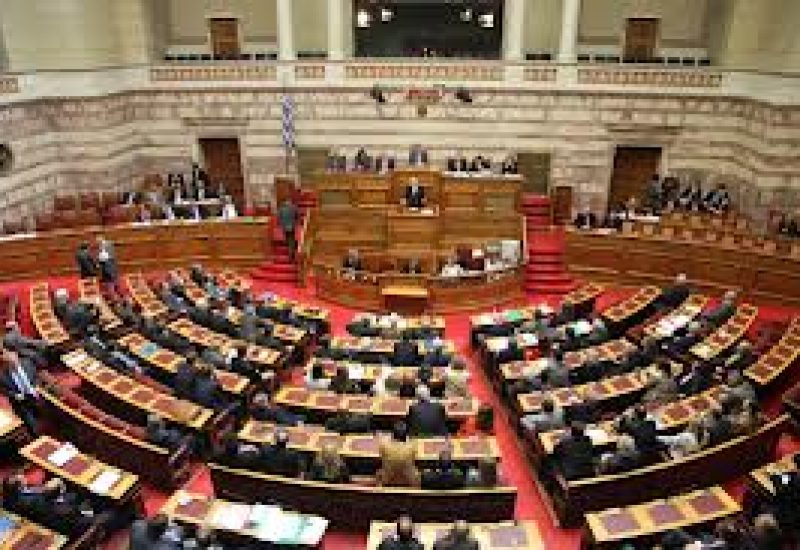- February 3, 2014
- 4:00 pm
- Constitutional Change
by Juha Lavapuro, Tuomas Ojanen and
Janne Salminen
Memberships in modern-day international organizations and supranational constitutional orders are currently one of the main causes of constitutional change. This applies to both the formal constitutional amendments and to doctrinal changes. Finland provides a neat but overlooked example of this trend.




